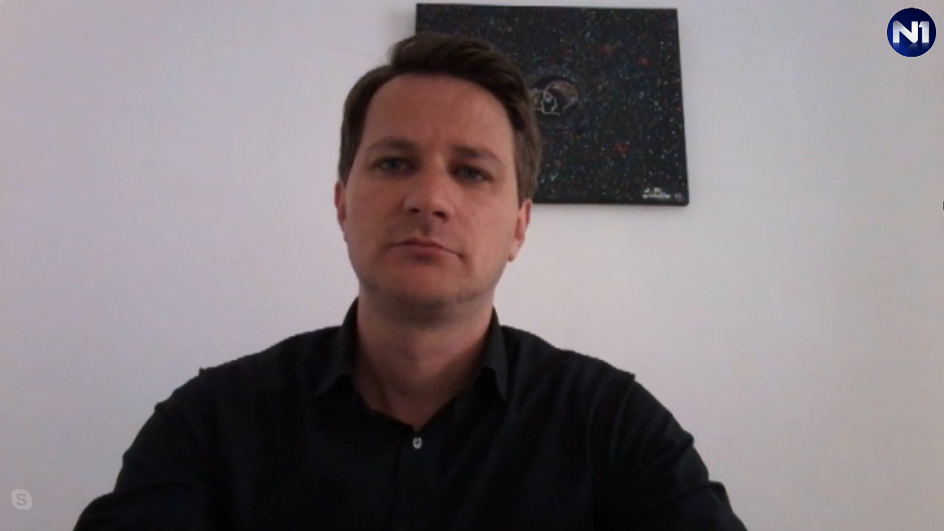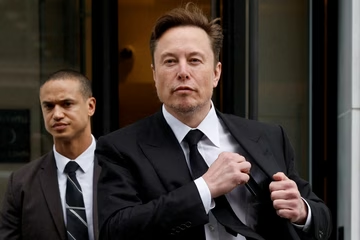Austrian politician: Dodik supporting radical parties in Europe damages Bosnia

It is damaging to Bosnia that its President had expressed support for “radical parties,” the coordinator for integration in the Social Democratic Party of Austria (SPO), Ahmed Husagic, told N1 on Tuesday regarding a recent meeting between the Bosnian Serb Presidency Chairman and the former Austrian Vice-Chancellor who stepped down last weekend over a corruption scandal.
Oglas
Austria’s Vice-Chancellor Heinz Christian Strache resigned on Saturday over a video allegedly showing him offering government contracts to a woman who claimed to be a Russian investor and niece of an oligarch in exchange for donations to his party.
“The essence of it is that the Vice-Chancellor wanted to give tenders to certain people in return for material gain for his party. That is basically an illegal way of funding parties. He advises for the money to not go directly to the party but to associations in order to avoid the financial police,” said Husagic.
The hardline Bosnian Serb leader who is now the Chairman of Bosnia’s tripartite Presidency, Milorad Dodik, met with Strache earlier in May. On Monday he defended the Austrian politician, saying he was “obviously framed.”
Oglas
Dodik visiting Strache lately “represents a campaign” and it “happened several times before and is nothing unexpected.”
“What the damage is now for Bosnia and Herzegovina is that the President of Bosnia expressed support for radical parties,” he said.
“What is problematic in that relationship between Mr Milorad Dodik and right-wing parties, is that he became the President of Bosnia and Herzegovina. While he was serving another office, it was less damaging,” he added.
Strache’s resignation caused changes in the government of Austria, an EU member which is currently, according to Husagic, in a “big crisis.”
Oglas
“Yesterday the Interior Affairs Minister from the party was removed from his position and with that all the ministers from that party, out of protest, left their ministerial positions and there is a proposal for those positions to be filled with experts,” he said, adding that the SPO also wants Chancellor Sebastian Kurz to resign.
But in Eastern European countries it is different, he explained.
“As for the case itself, you know that such things are normal in Eastern European countries. It is a problem that when people are exposed, they have no moral responsibility to resign,” Husagic said.
Kakvo je tvoje mišljenje o ovome?
Učestvuj u diskusiji ili pročitaj komentare
Oglas
Kakvo je tvoje mišljenje o ovome?
Učestvuj u diskusiji ili pročitaj komentare
Oglas





 Srbija
Srbija
 Hrvatska
Hrvatska
 Slovenija
Slovenija



























































